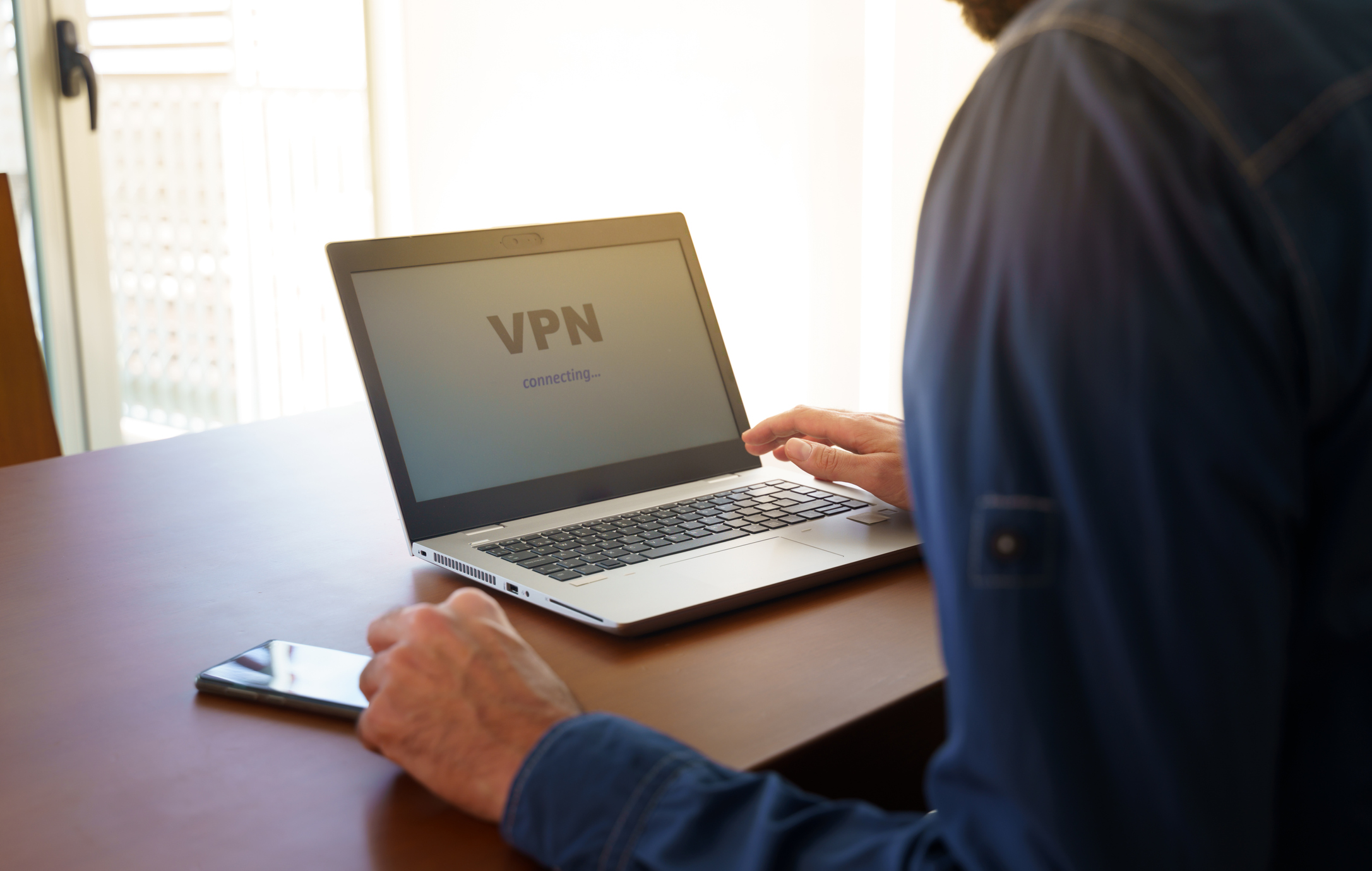Just as you should use a firewall and an antivirus helps keep your computer safe, a virtual private network (VPN) can keep your internet connection safe. When you use the internet, most of your information is encrypted. However, your internet service provider and other groups can still see some of your activity. Those who are protective of their privacy find it extremely helpful to use a VPN to ensure that their data stays secure. The many features and benefits of VPNs mean that almost everyone has something to gain from using them.
What is a VPN?
A VPN is a special way of connecting to the internet that helps maintain security and privacy while browsing. Usually, you subscribe to a VPN provider for a small monthly fee to gain access to their services. When you use the VPN, you are essentially creating a tunnel between your device and a VPN server and sending all of your data through this new tunnel. This has many benefits, though the original purpose was simply providing a safer connection.
How does a VPN work?
When you connect to the internet normally, your device connects to a modem or router. Anyone who has access to the modem can see your internet activity, as can the internet service provider. They may even be able to see the information you send to websites such as passwords, credit card numbers, and banking data. When you want to connect to a site, you have to ask your internet provider to allow you to connect to that site. Think of this as directly asking a person face-to-face for a favor. It’s even possible that your service provider could choose to sell your information to advertisers and similar groups.

When you use a VPN, you’re essentially having a proxy do everything for you. Rather than you asking your service provider to connect you to a site, it’s like having a friend do it for you. You connect to a VPN and send your data through it. The VPN then uses your connection to perform your tasks for you. This way your provider has no idea that you’re the one who wanted access to the website. All it can see is that you asked a VPN to do something for you.
Benefits of having a VPN
Having and using a VPN comes with a variety of benefits including:
- It protects you against anyone peeping your information, especially if you like to work using public-access WiFi in places like coffee shops that anyone can access.
- If you work from home, you can reliably transfer work data to clients, other employees, and others with confidence that it will stay safe.
- VPN’s also encrypt any information that you send through them. Even if someone were to somehow spy on your connection, they wouldn’t be able to understand any of the data.
- Internet service providers will often throttle connections to certain services to slow the transfer of data and save bandwidth. This can dramatically affect the quality of video streams and slow downloads to a crawl. If you use a VPN, your provider won’t know when you’re connecting to something they would want to throttle.
How to choose a VPN service
It’s important to remember that even with all of the benefits of a VPN, your VPN provider can still see the information you’re sending through it. This is why you must choose a trustworthy and high-quality VPN. Some of the best VPNs are:
ExpressVPN: Potentially the most popular VPN, ExpressVPN certainly lives up to the hype. Servers are available across 94 countries, more than almost any other VPN. The interface is clean and easy to use and has excellent performance. Users can access video tutorials and guides, making ExpressVPN ideal for people new to VPNs. It is among the more expensive VPNs and doesn’t offer a free version, though they do have a 30-day money-back guarantee.
NordVPN: If security is your main concern, NordVPN is the option for you. They offer extremely strong encryption for their servers across 59 countries. In addition to a simple interface, NordVPN also offers SmartPlay, allowing you to easily gain access to region-locked media from services like Netflix and Hulu. NordVPN did have a somewhat major data breach in 2018, though they have taken extensive steps to secure their services and ensure it doesn’t happen again.
Mullvad: This VPN is fast, inexpensive, and reliable. They have been in business for over a decade and have servers in 36 countries. Independent auditors have found Mullvad to be incredibly transparent and secure. Mullvad also uses open-source software, meaning that anyone can audit and ensure the effectiveness and quality of their VPN.
ProtonVPN: While a bit more expensive than Mullvad, ProtonVPN is still among the cheaper VPNs. If the price is a dealbreaker, they do have a free option available with some speed limits. Premium options provide much higher speeds and more privacy options. Servers are available in 46 countries. While independent audits found some minor vulnerabilities, ProtonVPN fixed them before the auditors were able to publish the report.
Conclusion
Using a VPN helps make sure your internet connection is secure and that your privacy isn’t at risk. Plus, it doesn’t require you to make any changes to your internet or your computer beyond downloading a simple application. All you have to do is install their application, follow some simple instructions, and a more secure connection is at your fingertips.










 Share On Twitter
Share On Twitter